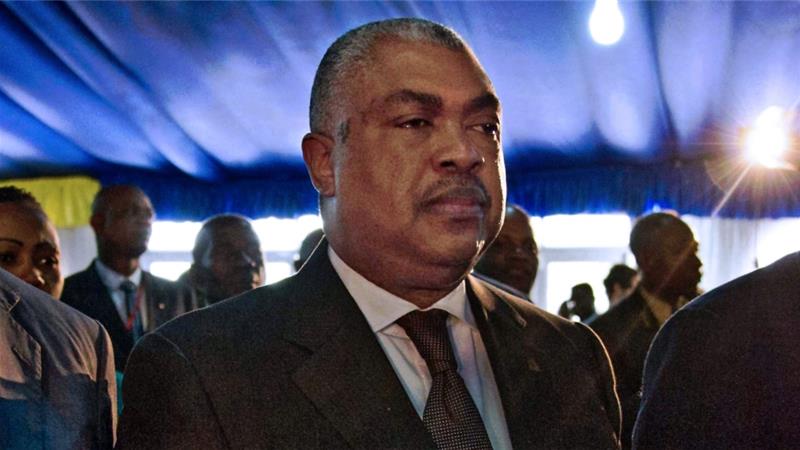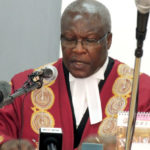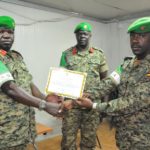Newly appointed Prime Minister of the Democratic Republic of Congo Samy Badibanga is at the centre of controversy, after it emerged that he holds both Belgian and Congolese nationalities.
According to a document published on the internet by a member of the opposition, Badibanga attained Belgian citizenship through naturalization in 1992.
The country’s Minister for Parliament Affairs Tryphon Kin-Kiey said that dual citizenship poses legal and moral issues.
“The Prime Minister’s appointment is perhaps the right choice for those in the presidential majority camp. He is a friend, an affable man but there was a problem. I can predict a heated debate in parliament. He would have to first renounce his acquired foreign nationality. It will not be easy to pass the nomination stage if this prerequisite is not resolved,” he said.
What the Constitution says
The Congolese Constitution stipulates that Congolese nationality ‘can not be held concurrently with any other nationality’ and that to occupy an official position in government, one has to be a Congolese citizen.
From the opposition camp, José Makila, president of the Workers Alliance for Development believes that this debate is needless, as there has been a moratorium approved by the national assembly since 2007, which says that people with foreign nationality can still hold official government positions in the DRC.
But Christophe Lutundula, the deputy vice-president of the G7 opposition coalition who has refused to take part in the debate begs to differ, saying that there can never be possible derogation and that there has never been a moratorium that allows someone to cumulate Congolese nationality with that of another state.
Further opposition
Badibanga’s nomination on November 16, 2016 to head the new government of national unity came as a surprise as another opposition leader Vital Kamerhe, a former Kabila ally, had been widely expected to take up the post.
The power-sharing agreement was signed in October by the ruling party and some opposition parties endorsing the 2018 presidential election date proposed by the electoral commission and for President Joseph Kabila to remain in office till then.
The political agreement signed under the watch of the African Union-appointed facilitator Edem Kodjo, was endorsed by the United Nations Secretary-General Ban Ki-moon who called for a ‘peaceful transition for peaceful elections’.
However, the agreement was opposed by the major opposition coalition which described it as non-inclusive and promised to protest till Kabila steps down when his mandate originally ends in December.








